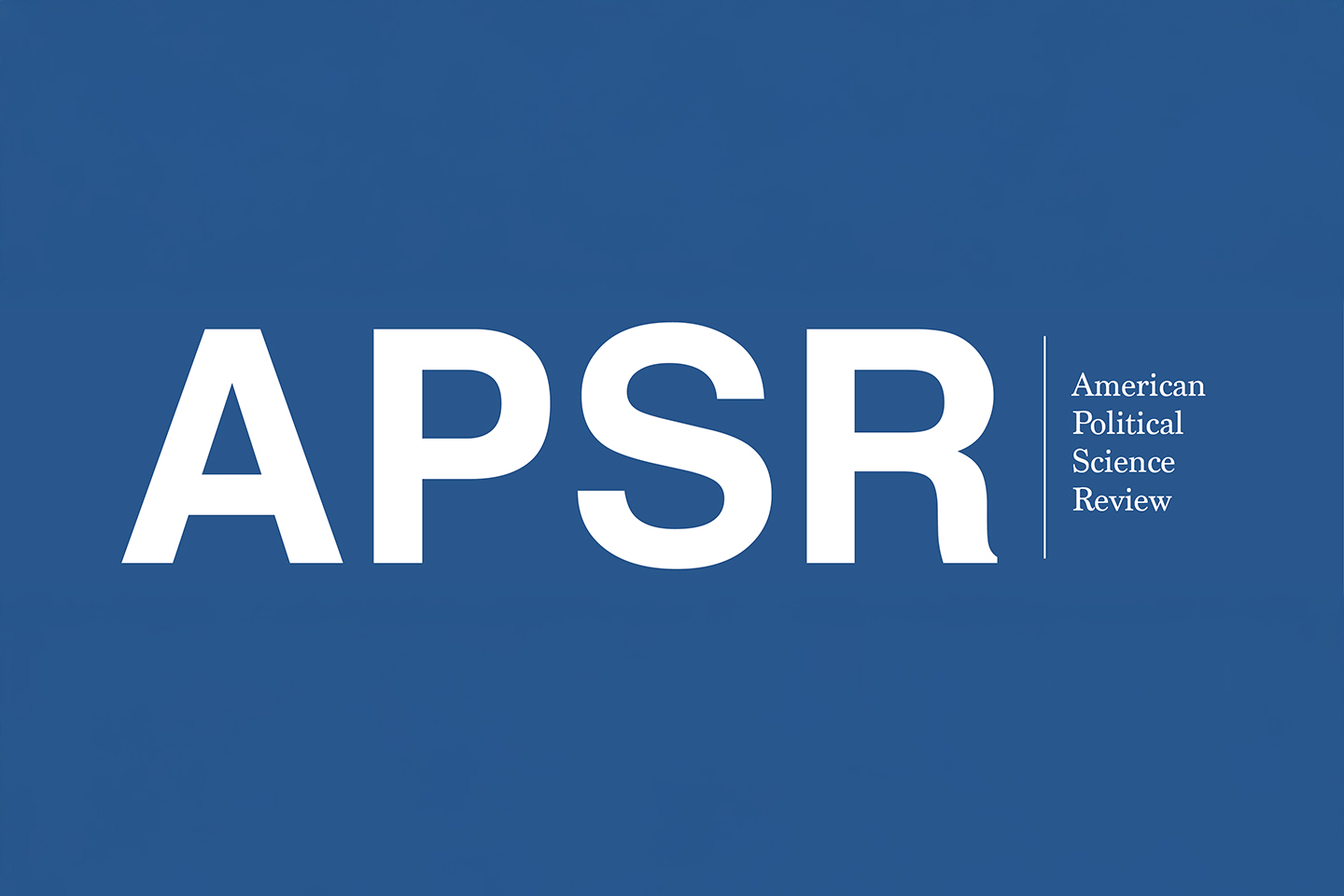
The views expressed below are those of the authors and do not represent the views of the SNF Agora Institute or Johns Hopkins University.
Objective
To determine how policymakers interact with bioethicists, their interest in future engagement, and their motivation and hesitations to do so.
Methods
Three nationwide surveys of United States policymakers (N = 1105) conducted September 15–November 2, 2023, including representative samples of local government elected policymakers (N = 459); local managers (N = 288); and a diverse (unweighted) sample of state and local civil service workers who provide family support services (N = 358). Surveys assessed the prevalence of policymakers’ current interactions with bioethicists, unmet desire to engage with them more (and on which policy topics), and hesitations about the value of engaging with them when facing public health challenges.
Results
Only 12.1 % of elected policymakers (95 % CI: 9.0 %,16.3 %), 6.6 % of managers (95 % CI: 4.2 %,10.1 %), and 14.2 % of civil servants (95 % CI: 11.0 %,18.3 %) reported recent interaction with a bioethicist. Yet 40.1 % of elected policymakers (95 % CI: 34.8 %,45.6 %), 40.0 % of managers (95 % CI: 34.1 %,46.2 %), and 47.9 % of civil servants (95 % CI: 42.5 %,53.3 %) expressed an unmet desire for more direct engagement. Partisan differences were present, with Democrats in each sample expressing more unmet desire. Key hesitations to interacting with bioethicists were a perception they would push a political agenda and not share practical information.
Conclusions
Many policymakers wish to seek counsel from those within the bioethics community as they work to promote and protect the health of their community, despite low levels of reported engagement. Amidst widespread calls for more ethically-informed public health policymaking, there is a key opportunity for bioethicists to influence and shape public policy at sub-national levels.






